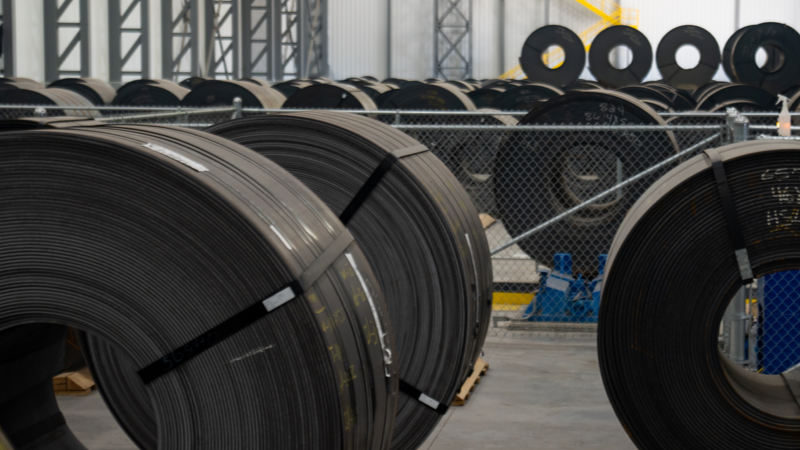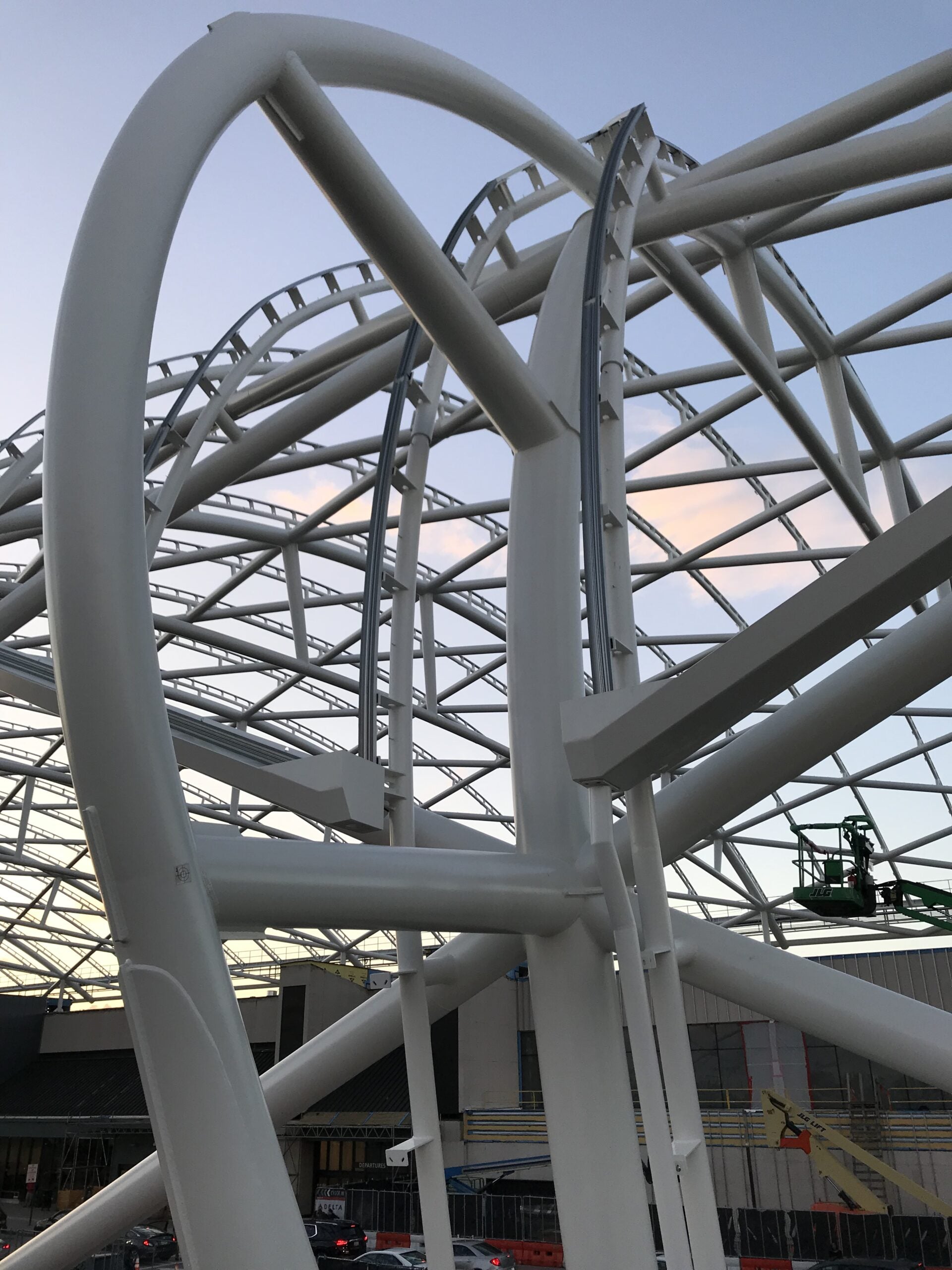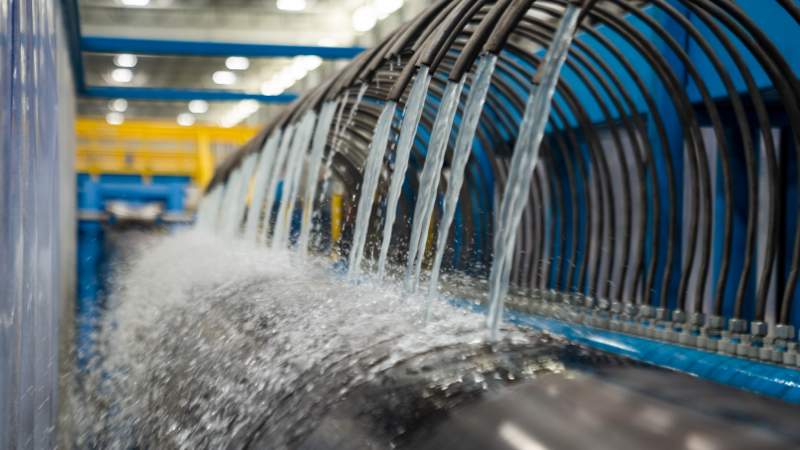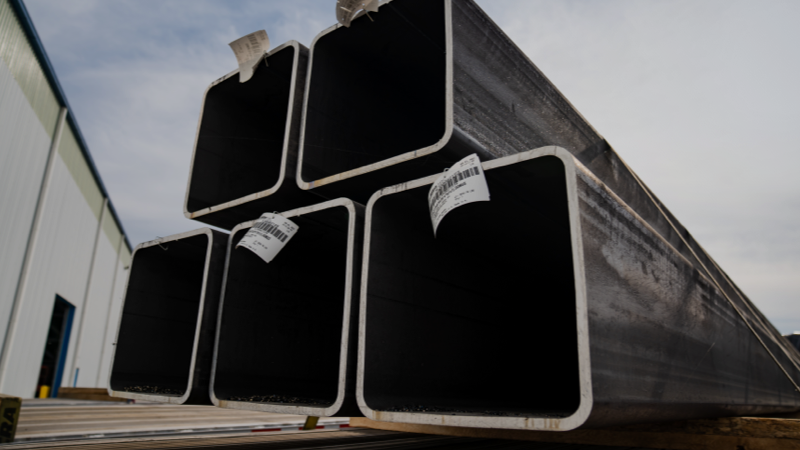At Atlas Tube, we take the environment seriously. Not only are our products produced with the most sustainable building material on Earth — steel — but we’re also continuously seeking new ways to make our manufacturing processes and facilities greener. Together, we can build a brighter future.

Steel is the most recycled product used in structural systems. Between 60 and 80 million tons of steel are recycled in North America every year, which is exactly what we use to produce our HSS. Atlas Tube goes to great lengths to source as much electric arc furnace (EAF) recycled steel as we can to go into our products. In fact, up to 70% of our HSS are now made with EAF steel. In addition, our manufacturing processes are continually improved to optimize to our power usage.

At Atlas Tube, we’re all about building smarter and greener. Hollow Structural Sections (HSS) are designed to do just that—delivering exceptional strength with less material. Thanks to their closed shape and higher strength-to-weight ratio, HSS can support up to 30% more axial load than traditional wide flange shapes, all while using less steel. That means a smaller footprint, reduced material costs, and a lighter environmental impact.
HSS also boasts 50% less surface area compared to wide flange shapes, which means less surface preparation, fewer finishing materials, and lower labor costs. Plus, with up to 70% recycled steel content and efficient domestic production, HSS is a sustainable choice that helps reduce greenhouse gas emissions and embodied carbon.
Ready to see how HSS compares to wide flange shapes? Explore our HSS vs Wide Flange Tool and discover how you can build stronger, smarter, and more sustainably.

We know how important it is to preserve our planet’s fresh water supply, so we’ve gone to great lengths to ensure we’re reducing our water use wherever possible. One of the ways we do that is with a closed-loop coolant system that allows us to cool weld seams with minimal water use, without discharging any wastewater.

The American steel industry is leading the way to be the cleanest and most energy-efficient in the world, with the lowest CO2 emissions per ton of steel produced and the lowest energy intensity. Purchasing domestic also means your products don’t have to travel as far, further reducing greenhouse gas emissions and transportation costs. (As if there weren’t already enough reasons to buy domestic!) Plus, our entire size range of HSS can be sourced from production facilities in the U.S.